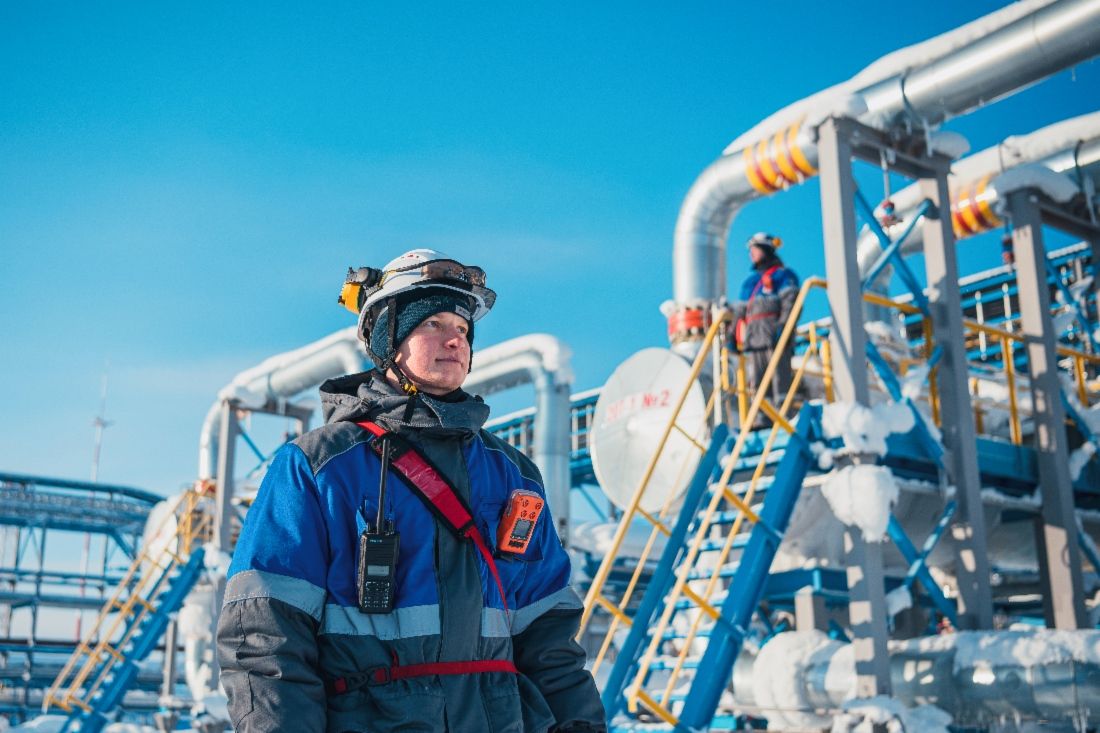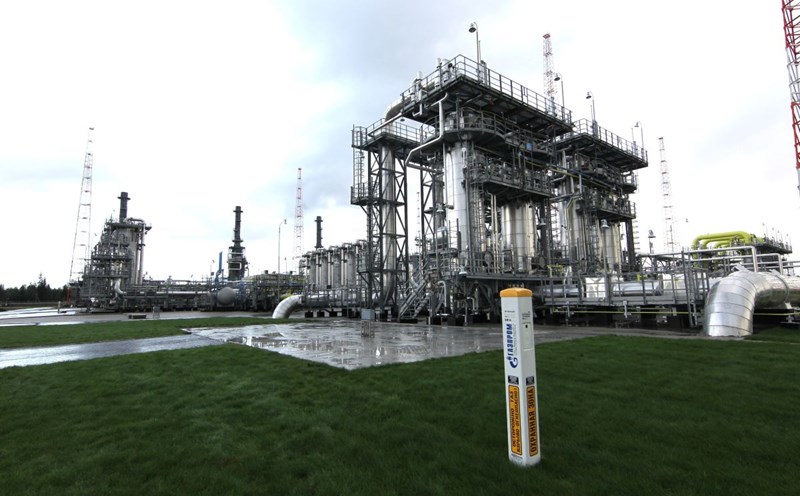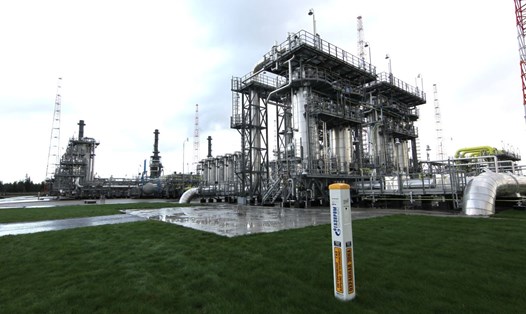Russia's efforts to expand gas exports to China via Kazakhstan - replacing the stalled Power of Siberia 2 pipeline project - have been held back by Beijing over cost reasons.
According to a plan announced by Moscow in the fall of 2024, Russia expects to transport up to 45 billion cubic meters of gas per year to China via Kazakhstan. However, Chinese Ambassador to Russia, Mr. Truong Han Huy, has just affirmed that this route is "impossible" due to the need to build a completely new gas pipeline, which is too expensive and unrealistic.
Supporting gas from Russia via Kazakhstan is impossible, Interfax quoted Truong Han Huy as saying on April 16. There is only one pipeline and it is operating at full capacity. If you want to use this route, you need to build a new pipeline, which is too expensive. The Russian side is studying that option, but in essence it is not possible.
The idea was first raised by Russian Deputy Prime Minister Alexander Novak in November 2024, not long after negotiations on the Power of Siberia 2 project fell to a deadlock.
In fact, President Vladimir Putin has proposed the Power of Siberia 2 project to Chinese President Xi Jinping since 2022, with the ambition of boosting gas exports to China to 100 billion cubic meters per year to compensate for the share of the European market lost after the outbreak of the Ukrainian conflict.
However, China has not yet "turned the green light" on this project. According to the Financial Times, the main barrier is prices. Beijing is said to want Russia to sell gas at domestic prices - around $60 per 1,000 m3, just 1/4 of the $260 price China is currently paying for gas from the Power of Siberia 1 pipeline. In addition, China is only willing to buy a small part of the 50 billion cubic meters capacity of the Power of Siberia 2 project.

By the end of 2023, Russian officials were still asserting that the project was in the final preparation stage, with project documents expected to be approved in early 2024. However, after more than a year, there is no sign that the actual construction has begun.
Meanwhile, Mongolia - the main transit country according to the design of the 2,500 km Power of Siberia 2 pipeline - has also removed the project from the long-term action plan until 2028, according to SCMP.
Ms. Munkhnara Bayarkhavaa, a former member of the Mongolian National Security Council, confirmed: "Russia and China have not reached any final agreement."
Last year, Russian oil and gas giant Gazprom supplied about 31 billion cubic meters of gas to China, which is expected to increase to 38 billion cubic meters this year - equal to the maximum capacity of the Power of Siberia 1 pipeline.
However, this figure is still only equivalent to 15% of the gas that Russia exported annually to the European Union - at its peak it reached 200 billion m3.
Meanwhile, Europe's demand for Russian gas has fallen sharply after the Ukrainian conflict. In 2023, Russian gas exports to the EU will be only 28 billion cubic meters, and in 2024, about 32 billion cubic meters - the lowest level since the late 1970s.











